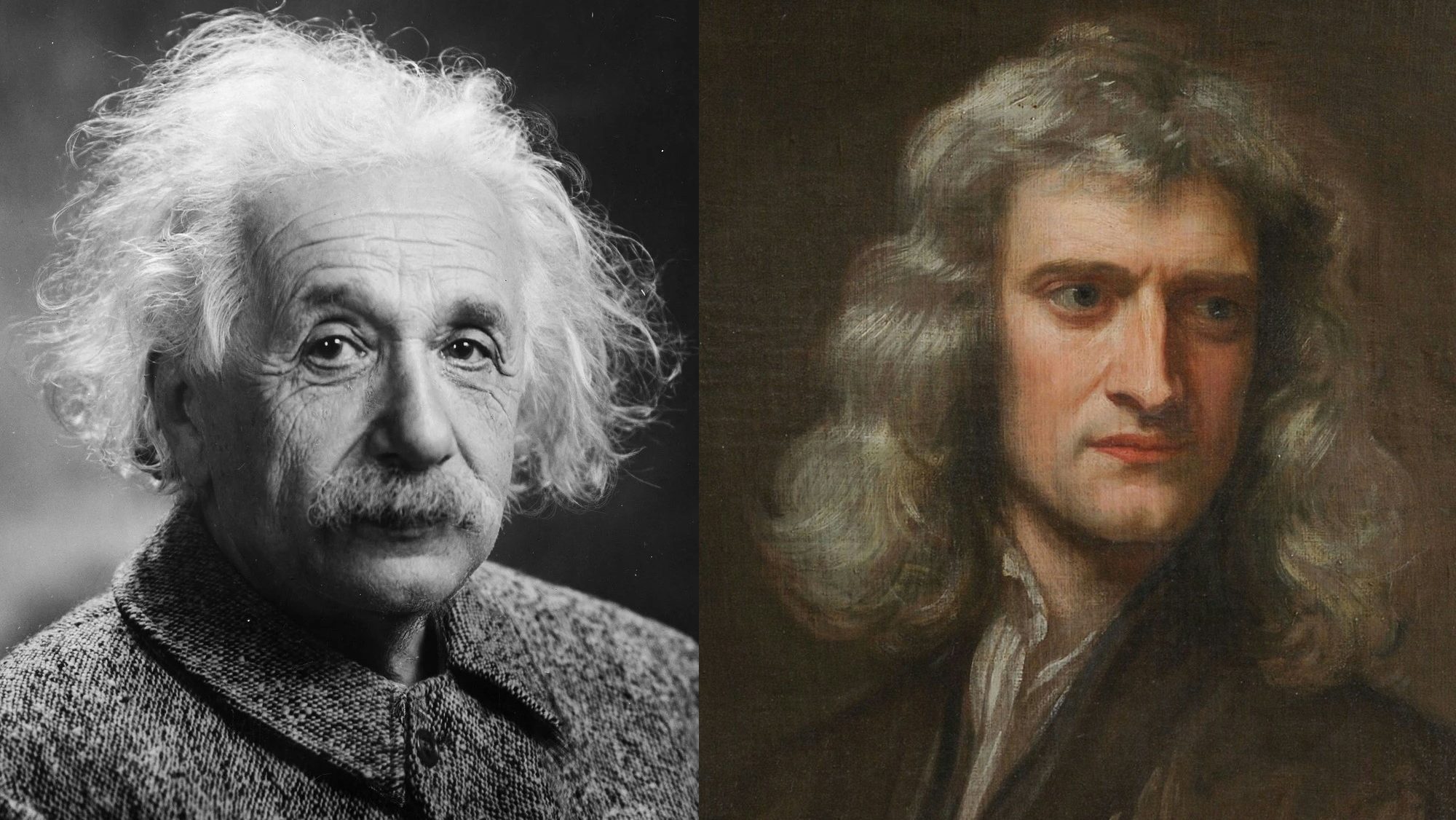Codes of honor are often localized, with differing notions about what entitles a man and a woman to respect. Convincing cultures with immoral practices to change should be done by reshaping their concept of honor rather than abandoning it.
Question: How do you change an immoral practice if a culture upholds that practice as honorable?
Kwame Anthony Appiah: So what many of the great moral debates in the world today, a lot of which are around agenda, have to do with the fact that different societies have different notions of what entitles men and women to respect. I mean, one of the key things about honor is that what the code says depends on who you are. The code for men is different from the code for women very often. The code for gentlemen are different from the code for ordinary people, and so on.
But these codes are often local. And so if you’re going to change the behavior that you don’t approve of, you’re going to change female genital cutting or veiling or some other gender practice that you think of as a bad one, the first debate you have to have, the first discussion you have to have is about persuading people there is something wrong with the way their code is now.
And here, this is I think another point about honor. Here I can draw attention to the fact that honor sometimes lead people to do what morality requires. But very often it doesn’t. Morality forbids killing people over small disputes about whether you are lying, but the honor code in 18th Century England required gentlemen to threaten to kill one another or try to kill one another if one accused another of lying.
Morality is obviously against slavery, but the honor codes of 18th Century colonial America assigned honor and dishonor to people on the basis of race in a way that it made it possible to enslave black people, and that was clearly against morality. Morality had to be brought to bear against this system.
So when we’re trying to persuade people in other societies, the first thing we have to do... if we think their honor codes require is wrong, the first thing we have to do is to see if we can have a conversation with them and see if we can get them to see what is wrong about it.
What’s interesting, I think, and again these historical examples confirm this, is that usually they already know that it’s wrong. It’s not as if people didn’t realize it was crazy to duel. If you read the Wills written by gentlemen the night before duals in which they thought they might die, if you read accounts of the time, everybody agrees that there’s something crazy about dueling.
Boswell asked Dr. Johnson what he thought about dueling and they had a long conversation at the end of which Dr. Johnson told Boswell: “I agree. I can’t explain the rationality of dueling, though I still think we should do it.” So they realized problems already. Dueling was illegal in England from the time of Queen Elizabeth. It was against canon law; the Popes banned dueling in the 9th Century A.D. long before it really developed. And so it’s illegal, it’s immoral, it’s irrational, but people do it anyway.
So very often, when you want to begin these conversations; you already got something on your side. It’s already clear, for example that female genital cutting causes pain to girls and that that, all things being equal, is a bad thing. Nobody in these societies thinks that causing pain to children is a good thing. It turns out that certain forms of female genital cutting reduce fertility. This is a society in which people care about having children. It turns out that it often produces infections. It’s not like they think infections are great. So you have to begin the conversation by getting them—and it has to be a respectful conversation otherwise they won’t listen to you and they won’t learn anything and you won’t learn anything about them. In that respectful conversation, you can get them to see something that often they already know, which is at some level that it is wrong. Then you have to figure out how to get honor to concede to morality. And my thought is: don’t abandon honor, reshape it.
Question: How do you define morality?
Kwame Anthony Appiah: Well I think if, for a purposes usually end up because we care about distinctions using words in slightly offbeat ways. So I use the words “ethics,” “morality” and “honor,” in ways that I... I don’t say they’re the dictionary ways of using them, but they are ways—I try to use them consistently in these ways to mark an important set of distinctions.
So “morality” consists of the norms about how we ought to treat one another. “Ethics” is about the norms about how we ought to live, which of course includes the norms about how we ought to treat one another, but it goes beyond them. We ought to pursue our own dreams and respect our own individuality, which isn’t about how you treat other people. And “honor,” as I say, is this system of codes for assigning respect.
So, both... “honor” can be important both to morality in my sense, about how we should treat one another, and to ethics, a sense of how one should live one’s life. It can be important to morality because many moral norms are held central to honor codes. Most honor codes, for example make lying dishonorable and lying is immoral. You ought not in general to lie to people. So, there is a case where honor lines up with morality normally.
Recorded September 13, 2010
Interviewed by Max Miller





